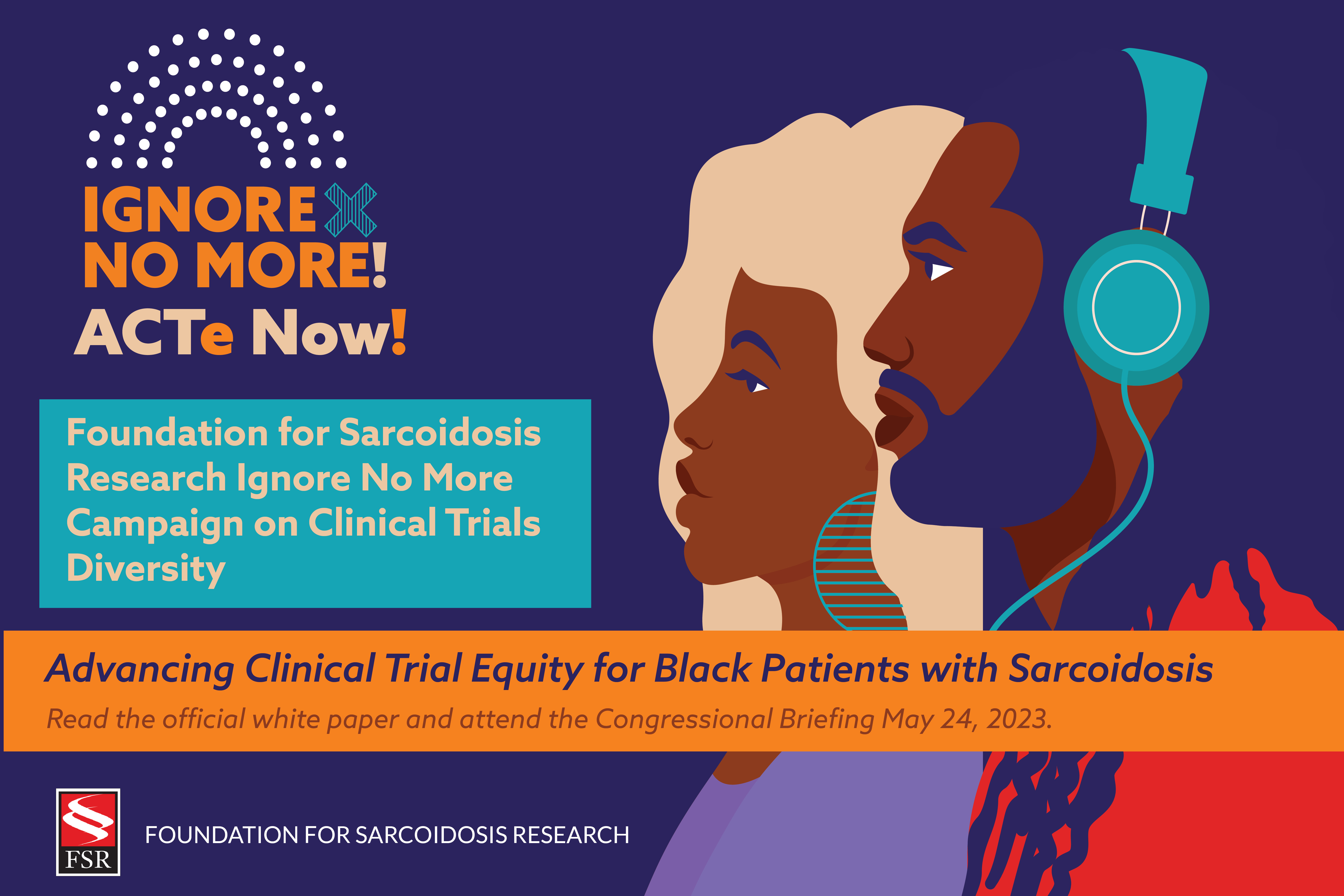The World Health Organization (WHO) today released guidance to improve the design, conduct and oversight of clinical trials in countries of all income levels. This guidance aims to support stronger country-led research and development (R&D) ecosystems to advance health science so that new, safe and effective health interventions can be made more accessible and affordable globally for people everywhere, faster.
For the first time, WHO offers recommendations for national health authorities, regulatory authorities, funders and others on how they can best facilitate clinical trials to generate evidence on health interventions. It addresses challenges such as poor trial design, limited diversity of participants, insufficient infrastructure and bureaucratic efficiencies, which cost time, money and lives.
Addressing Global Inequities
Global divides between high-income countries (HICs) and low- and middle-income countries (LMICs) are leading to serious inequities in clinical trials. In 2022, there were 27 133 trials taking place in the world’s 86 HICs compared to 24 791 in 131 LMICs. At times, LMICs have been targeted for inclusion in clinical trials due to their disease burdens, only for the resulting data to be used in getting health interventions authorized in HICs, but not in the LMICs.
“Strengthening country-led research and development and embedding clinical trials in routine clinical and public health services will ensure faster and more equitable access to safe and effective interventions, helping people become healthier,” said Dr Jeremy Farrar, WHO’s Chief Scientist. “This new guidance aims to improve the diversity of trial participants to ensure research benefits the broadest range of people possible, decisively moving away from a one-size-fits-all approach.”
Importance of Inclusivity in Trials
According to 2022 data, less than 5% of clinical trials included pregnant women and only 13% included children. This has lowered the quality of evidence, affecting care and access to interventions. The absence of adequate testing in underrepresented populations can lead to a cautious approach in treating them, which negatively impacts on their health. Furthermore, this gap in representation can also leave people from these groups less willing to accept health recommendations.
Ensuring Representation of Vulnerable Groups
The guidance includes practical considerations for setting up trials to include pregnant and lactating women, given they have unique healthcare needs. In general, at-risk populations should be involved from the earliest stages. To facilitate this, safety should be assessed as an initial priority, for instance, by reviewing comparable interventions or expediting pre-clinical studies for these groups. Appropriate procedures for consent and assent are key, particularly for children.
Patient-Centric Approach
The guidance recommends putting patient, participant and community engagement at the heart of organizing clinical trials, to ensure that research planning, delivery and dissemination meets public needs and maintains trust.
Strengthening National Research Ecosystems
The new guidance also seeks to strengthen national R&D ecosystems through sustainable financing, to support better decision-making, accelerate access to health innovation and build more robust and effective national and global health research environments.
Development Process
The guidance was developed in response to World Health Assembly resolution WHA 75.8 in an extensive and inclusive process, involving nearly 3000 stakeholders from various sectors across 48 countries. The guidance covers trials for any health intervention, including, but not limited to pharmaceutical medicines; vaccines; diagnostics; nutritional measures; cognitive, behavioural and psychological interventions; preventive care; digital and public health approaches; and traditional or herbal measures.
Moving Forward
The WHO’s new guidance on clinical trials is a crucial step towards ensuring that research benefits all people, regardless of where they live or their circumstances. By addressing the challenges of inequity and promoting inclusivity, the guidance will help to accelerate the development and access to safe and effective health interventions for everyone, faster.



















